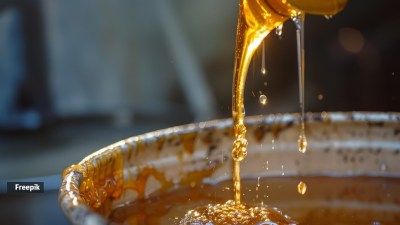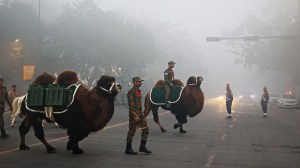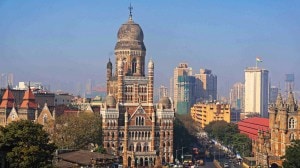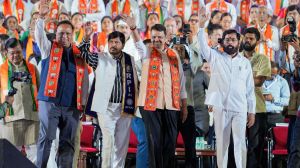Detergent needed
There is nothing that is very new about the findings of the Berlin-based Transparency International, which has just let it be known that Ind...

There is nothing that is very new about the findings of the Berlin-based Transparency International, which has just let it be known that India is among the most corrupt nations in the world. To be more precise, it occupies the 71st position in a group of 102 nations that came up for reckoning. South Asia, with the solitary exception of Sri Lanka, has performed particularly poorly in these ratings, with Pakistan being placed lower than India, in the 77th position, and Bangladesh at the bottom of the heap 8212; at the 102nd.
In case anyone should choose to draw satisfaction from the fact that this country has performed better than its neighbours, they would be ill-advised to do so. Remember, it is India that claims to be the most impressive democracy in the region. Pakistan is currently under a military dictatorship, and Bangladesh has only just joined the league. So what good is democracy for Indians then if it cannot ensure them a graft-free economic and political system? This year8217;s Human Development Report, which had the issue of deepening democracy as its central preoccupation, had pointed out that democratic institutions are subverted by corruption and their capture by powerful elites. In other words, the more corrupt the dispensation, the less democratic it is. The other intriguing correlation that emerged from the Transparency International report is that poorer nations tend to be more corrupt. This is particularly unfortunate because it means that the process of deprivation is being expedited and accentuated by corrupt practices; it also means that a few unscrupulous individuals, who know how to work the system, are consciously and cynically benefitting from the illiteracy, ignorance and general backwardness of their compatriots.
Fortunately, there are significant instances in India of ordinary individuals challenging the reign of the venal through democratic means 8212; by filing PILs, pushing for political reform, or simply voting out politicians perceived to be corrupt. The recent initiative by a group of citizens to press for electoral law reform is a case in point. Then there is the inspiring example of MKSS, a group working in rural Rajastan, which has used the power of information to confront the wrongdoer with telling effect. We need many more initiatives of this kind, we need strong detergent to get the dirt out of the system.
- 01
- 02
- 03
- 04
- 05































